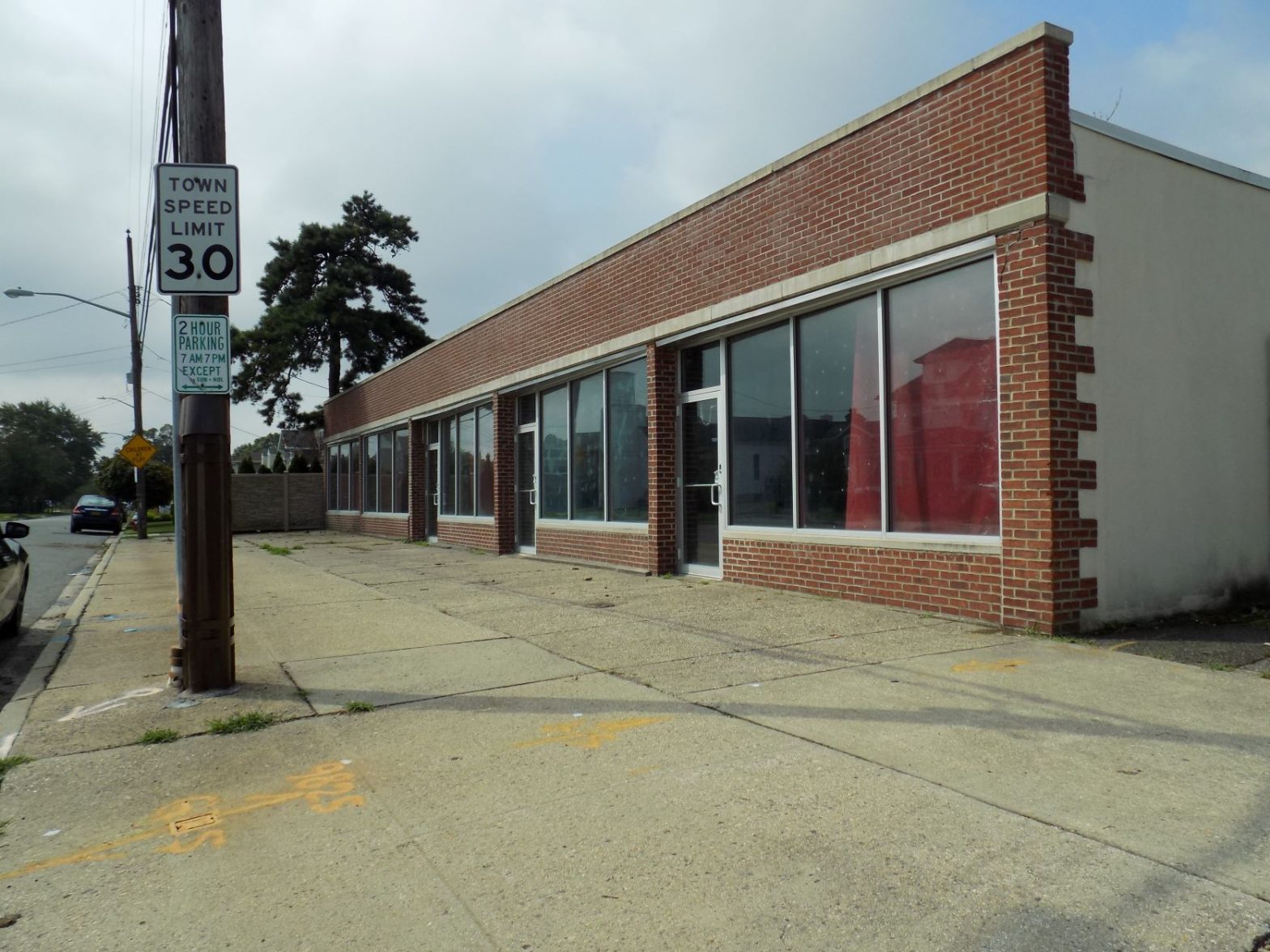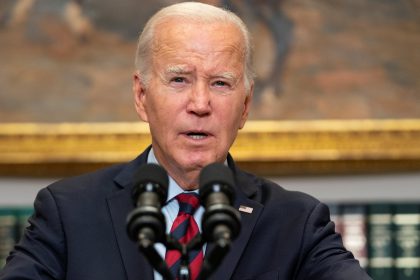Bipartisan Anti-Poverty Bill Unveiled in House, Senate

WASHINGTON — Sens. Cory Booker, D-N.J., and Rob Portman, D-Ohio, joined by House Majority Whip James Clyburn, D-S.C. and Rep. Hal Rogers, R-Ky., are urging their colleagues to support a sweeping new anti-poverty bill intended, in their words, “to create smarter, more targeted federal investment in communities that need help the most.”
If enacted, the bipartisan, bicameral Targeting Resources to Communities in Need Act of 2022 would expand the existing 10-20-30 anti-poverty formula to include a larger group of struggling communities and a broader universe of federal accounts.
That formula, long championed by Clyburn, defines counties eligible for such aid as those where the poverty level has been 20% or higher over the past 30 years.
In 2018, the last time Booker and the House majority whip teamed up to promote an expansion of the 10-20-30 program, they also released a report, Combating Persistent Poverty, 10-20-30 Works, that said more than 2,800 projects had received more than $1.6 billion the previous year.
This latest proposal from the lawmakers directs the Office of Management and Budget to work government-wide, program by program to increase the share of funds going to persistent poverty counties, high-poverty census tracts, and other high and persistent poverty areas.
Their minimum goal is to have programs invest in these areas in an amount greater than their proportion of the population.
In implementing the Act, the OMB and relevant agencies have discretion on precisely how to best target funds in each individual program.
The bill goes on to direct OMB and the General Accounting Office to report to Congress on the measures taken and their impact.
“Access to opportunity is one of our nation’s most fundamental ideals, but too many Americans are being left out and left behind,” Booker said. “We have a moral obligation to invest in all of our people, in rural areas and cities alike, by providing the economic opportunities needed to thrive.
“Though the federal government directs billions of dollars in funding every year for economic development, health care, entrepreneurship and other essential priorities, too often, these dollars never reach the communities that would most benefit from these services,” he said.
“Poverty is not isolated in red states or blue states,” Clyburn said. “It is a scourge that crosses all jurisdictional lines. This collective effort, addressing this important issue, will have a transformational impact on communities that have been historically left out of the promise of America.”
According to a 2017 analysis conducted by the Economic Innovation Group, a bipartisan public policy organization based in Washington, D.C., geographic inequality has increased markedly in recent decades.
Between 1980 and 2013, the organization found, the share of Americans living in metropolitan areas with incomes 20% lower than the national average rose from 12% to 31%.
From 2010 to 2016, metropolitan areas with more than 1 million residents accounted for almost three-quarters of net job creation. Millions of Americans still live in the nearly 500 persistent poverty counties, which have had poverty rates of at least 20% for at least the last 30 years, the report said.
The Targeting Resources to Communities in Need Act of 2022 enjoys the support of a number of organizations dedicated to ending poverty and its impacts including the Save the Children Action Network, Oxfam America, the National Rural Water Association, the Housing Assistance Council and the the National NeighborWorks Association.
“We must do more to help persistently poor areas and counties in the United States,” Portman said. “I hope this effort will also encourage better collaboration at the local level when there are federal programs or grants that offer aid to communities.”
Rogers said he believes the proposal “is a great example of how effective we can be when we work together for the American people.”
“It ensures that folks in the most impoverished parts of the country, like our rural Appalachian regions and inner cities, have access to the resources necessary to change course toward a more prosperous future,” he said. “It’s an honor to work in unity with both my Republican and Democratic colleagues to help Americans most in need.”
For a section-by-section summary of the Targeting Resources to Communities in Need Act of 2022, click here. Find the full text of the bill here.
Dan can be reached at [email protected] and at https://twitter.com/DanMcCue























